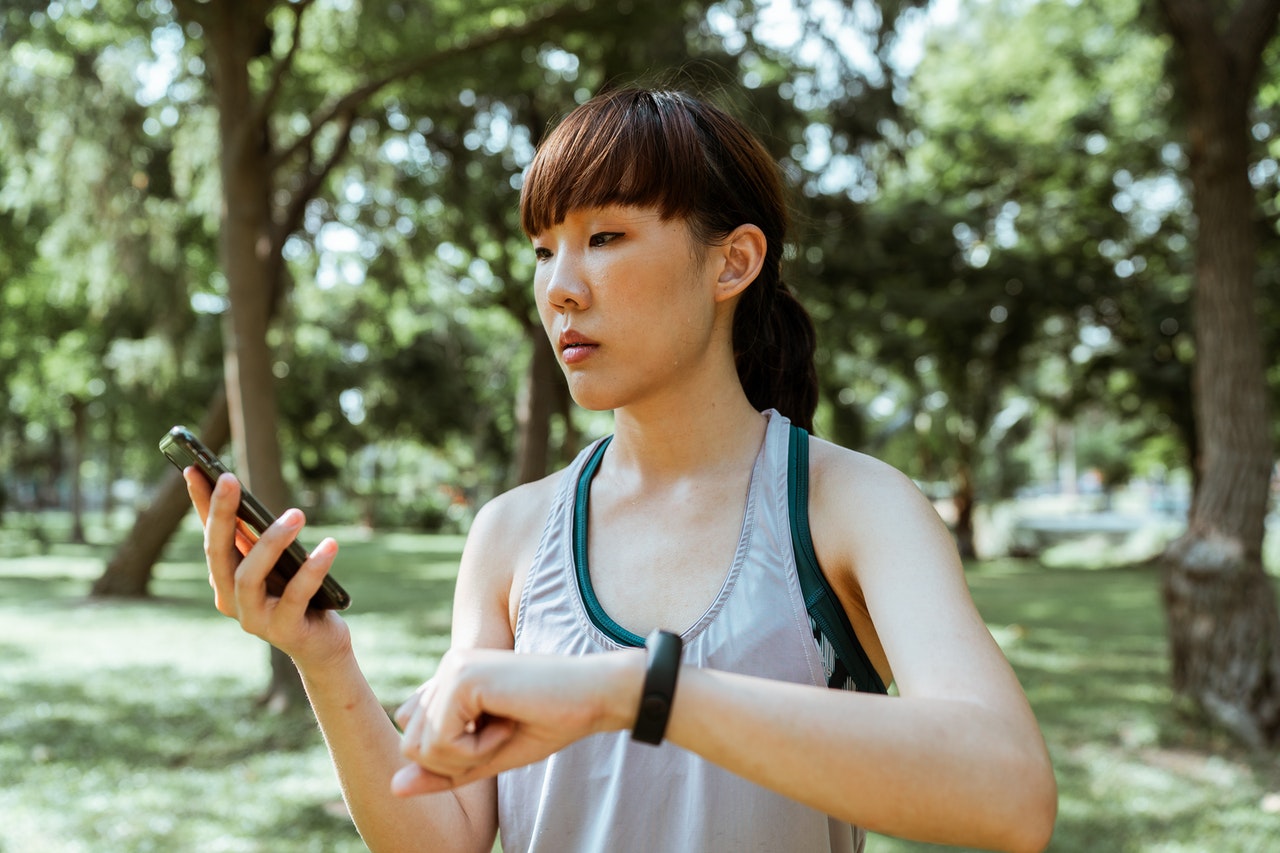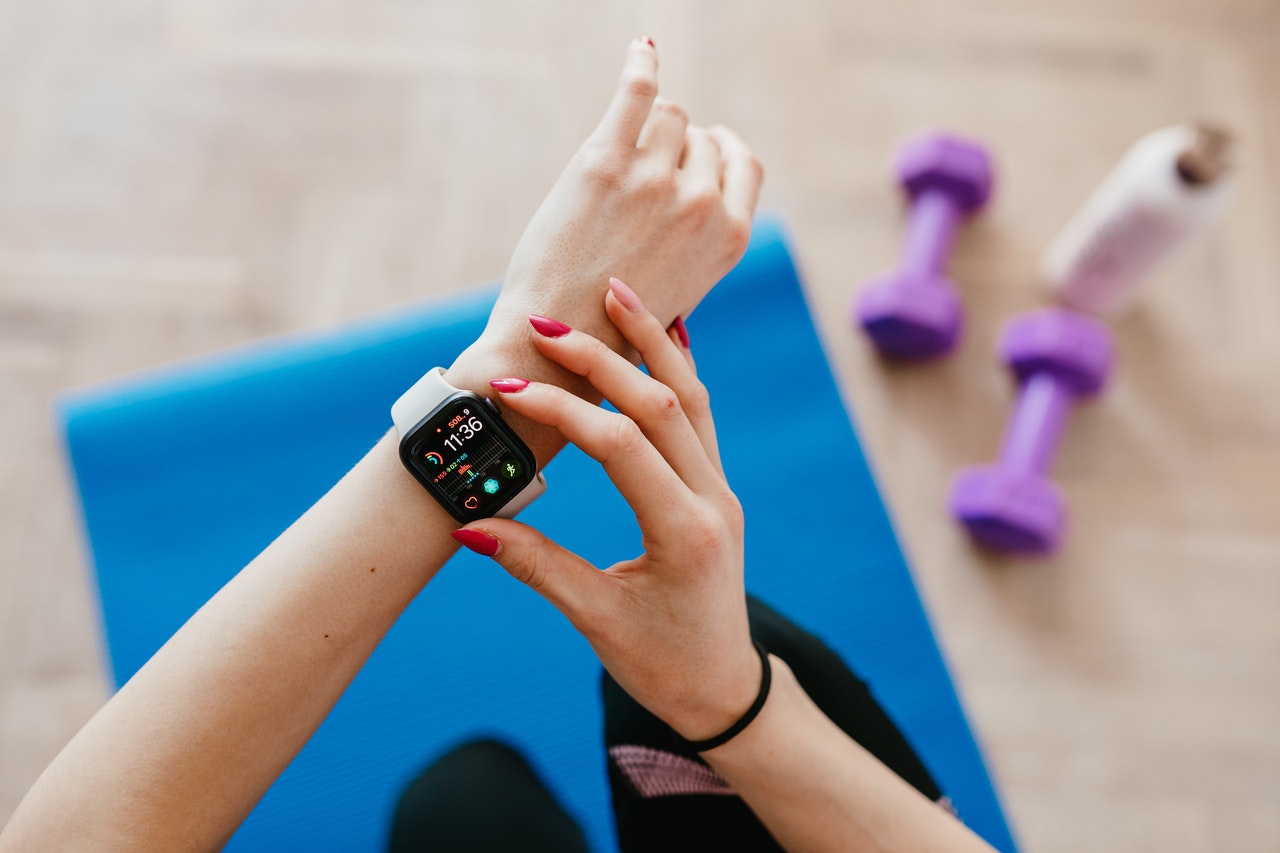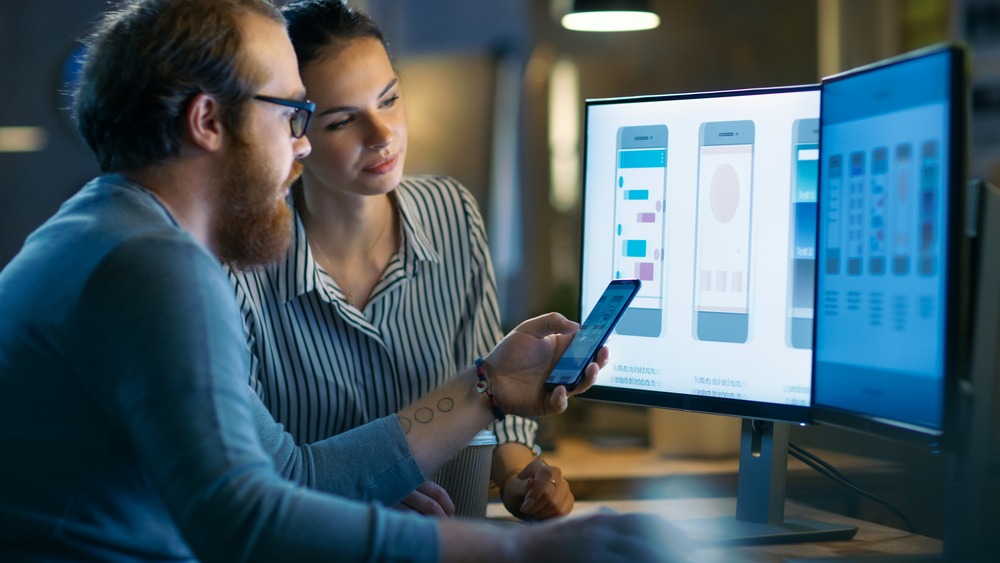Global healthcare grows to become a concern as a consequence of the unprecedented growth in the number of elderly people and the need for physicians and medical professionals.
And, while technology is making a move into almost every industry to revolutionize the way data is processed and services are provided, healthcare is the next in line.
The integration of the healthcare industry and technological advancements is predicted to bring the most needed changes in the world; it is likely to improve the healthcare service provision to people even in the remotest areas.
While several android and iOS app development companies are looking for ideas to provide tech-friendly health solutions, investors and financiers are nowhere behind.
However, when it comes to choosing the right idea and making the right move, mobile app development is the optimal option.
Subsequently, here are 8 best mobile application ideas you can use to tap into the tech health industry;
- Telemedicine app
- Fitness and wellbeing app
- Meditation app
- Medical Research software
- Electronic Health Record (EHR)
- Wearable Sensors
- mHealth Applications
- Healthcare Booking
So, without any further ado, let’s get down to the details of what these are and how they can help in improving healthcare services provision.
1. Telemedicine App
Telemedicine or telehealth apps are mobile platforms that allow patients and physicians to connect without the need to be at the same place.
One of the primary implementations of this application is that it enables easy medical consultation and allows patients to seek medical advice during the covid times remotely.
Also, with a telemedicine app, it becomes easy for physicians and doctors to bridge the healthcare gap by enabling services to even the remotest areas. Combined with online reputation management for doctors, this approach helps build trust and credibility, ensuring patients feel confident in accessing remote healthcare services.
A telemedicine app can help doctors to provide medical diagnoses, treat a health issue, and offer consultation with a proper prescription.
Investing in a telemedicine app can help physicians and healthcare institutes to ensure consistent availability of medical services and reduce the morbidity and mortality rate.

2. Fitness App
Staying fit and healthy both physically and mentally is a primary need for everyone.
So, investing in a fitness app that offers exercises, diet plans, lifestyle changes, and other essentials to be at their best is always a good option.
A fitness app has several categories such as activity and fitness tracker app, diet and nutrition apps, and workout apps, etc.; it helps in managing and monitoring health changes, vital signs, and more regularly.
Also, the number of app downloads has been growing without precedent and are expected to grow further, providing a lucrative opportunity for investors and financiers.
3. Meditation App
Meditation and relaxation apps have made their mark in the global market alongside fitness applications.
Providing people an optimal solution to stay mindful and relaxed to have a productive lifestyle, make assertive decisions, and sustain healthy relationships.
Since everything is subject to mental health and well being, meditation and relaxation apps provide an optimal way to stay happy and fit.
As per reports, one in every five US adults experience mental illness, making up to 51.5 million cases annually; opting for a meditation app can be helpful to combat such situations.
A well-developed feature-packed meditation app can help you cut down on anxiety, improve mental stability, help make better decisions, and more.
4. Medical Research Software
Another noteworthy healthcare app development idea can be developing medical research software.
An MRS is usually used for two primary reasons; education and curriculum updates and research and development in the medical community.
Medical research software is commonly used to train medical personnel about essential and healthcare concepts and support diagnosis with relevant and research-backed clinical cases.
5. Electronic Health Record
A commonly used app in hospitals and clinics, an electronic health record allows medical professionals to collect and process the information on patients to provide a better diagnosis.
An EHR consists of information and documents like doctor’s recommendation, medical prescription, any procedures they have undergone previously, consultation history, medical records, and more.
There are two commonly used types of electronic health records;
- Electronic patient record software (EPR) is used by hospitals and clinics internally to collect, store, and process patient information.
- Electronic medical record software is used to store important data like medical history, prescriptions, dosage, etc.

6. Wearable Sensors
Primarily used for fitness applications, wearable sensors and devices bring together healthcare and wearable technology.
Used to track the number of steps taken in a day or monitor heart rate, breathing, and blood pressure, wearable devices have a prospective future in improving healthcare service provision.
The data generated can help patients to stay aware of their daily health condition and how effective exercising is; it can help physicians to keep track of health changes and update medication accordingly.
7. mHealth Applications
mHealth or mobile health is a commonly used term for handheld and other wireless devices that help patients access information and other important services.
mHealth applications are primarily used to educate consumers and patients about how to prevent healthcare severities and improve healthcare security through mobile phones.
following are some of the primary benefits of using mHealth Applications;
- Simple access to professional medical health
- Accessible treatment compliance
- Reduced human interaction with lesser risk of contracting infections
- Better data collection and management
- Multiple monetization options
In addition to this, syncing mHealth apps to wearable devices can enable patients to maintain their logs and keep track of their physical activities.
8. Clinical Decision Support
Software for medical professionals, clinical decision support is an IT health component that consists of different tools to help make better decisions.
A clinical decision support software also consists of reminder functionality to help patients, care providers with clinical guidelines.
Also, it also enables medical experts and patients with important person-specific information and education on related healthcare issues.
Wrap Up
The Healthcare industry is one of the vastly growing and advancing industries to be technologically powered to ensure patients are served well globally.
With the global need for professional medical services is increasing, the need to have tech-supportive options to provide robust services is essential.
The list of applications mentioned above can play an important part in enabling such services and improving healthcare performances globally.
And, medical professionals, financiers, and app development companies in Chicago, Washington DC, Dubai, and different part of the world has a major role to play in it.
